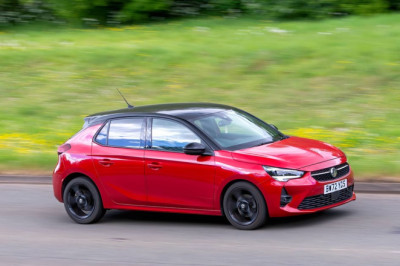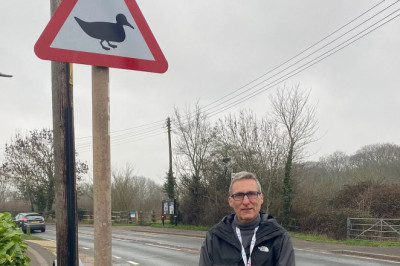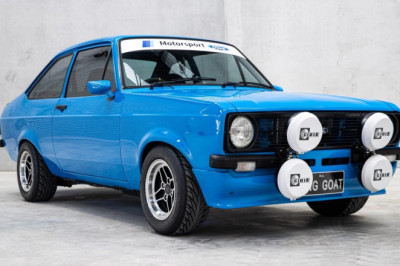
Prototype systems are already being built at BMW’s competence centres in Munich and Steyr, with core drive components coming from the Landshut technology hub. This marks the next phase in BMW’s technology-open strategy, broadening its portfolio of efficient, zero-emission drivetrains for future models.
The new fuel cell system will be more compact, powerful, and efficient than before. Space required has been cut by about 25 percent, and the design offers high power density in a much smaller package. The third-generation units are tailored for easy integration, allowing BMW to offer a range of powertrain options within the same future vehicle architecture. Various optimised components and improved operating strategies mean drivers can expect greater range, more output, and lower energy use compared to the previous generation.
These gains result from a close technical partnership with Toyota, extending work that began with the first-generation system (fitted to the BMW 535iA in 2014) and continued through the BMW iX5 Hydrogen pilot. While Toyota supplies the individual fuel cells, BMW leads the full system’s architecture to deliver brand-specific performance.
At BMW’s hydrogen competence centre in Munich, prototypes are assembled and tested for both the operating strategy and for full vehicle validation. Special attention is given to quality assurance and scalable, industrialised production methods. The system not only includes the fuel cells but also the cooling, hydrogen, and air systems for stable and efficient operation.
Series production at Steyr will draw on decades of drive system production experience. New test rigs and facilities are under construction to support hydrogen technology, as Plant Steyr becomes home to electric, combustion, and now fuel cell solutions for the future BMW range. Klaus von Moltke, Senior Vice President Engine Production, called Steyr “a prime example of the BMW Group’s technology-open approach” and highlighted its unique blend of development and manufacturing expertise.
Meanwhile, BMW Group Plant Landshut will provide key components, beginning with the construction of production hardware in May 2026. BMW Energy Master, the vehicle’s central control unit for power supply and data, will support both fuel cell and high-voltage electric applications at voltages between 400V and 800V. The first prototypes for this hydrogen-specific device will be built at Dingolfing, with Landshut also manufacturing the pressure plates and housings, as already seen with the iX5 Hydrogen.
BMW’s next-generation hydrogen project shows the brand’s commitment to a future of clean, flexible mobility, combining innovation, European manufacturing, and a keen focus on efficiency and sustainability.














